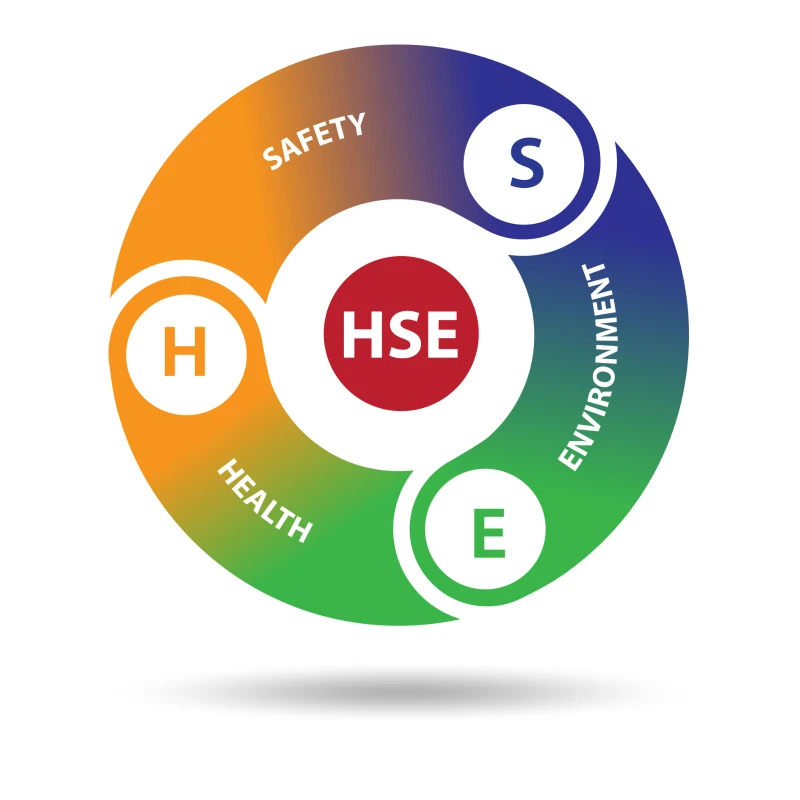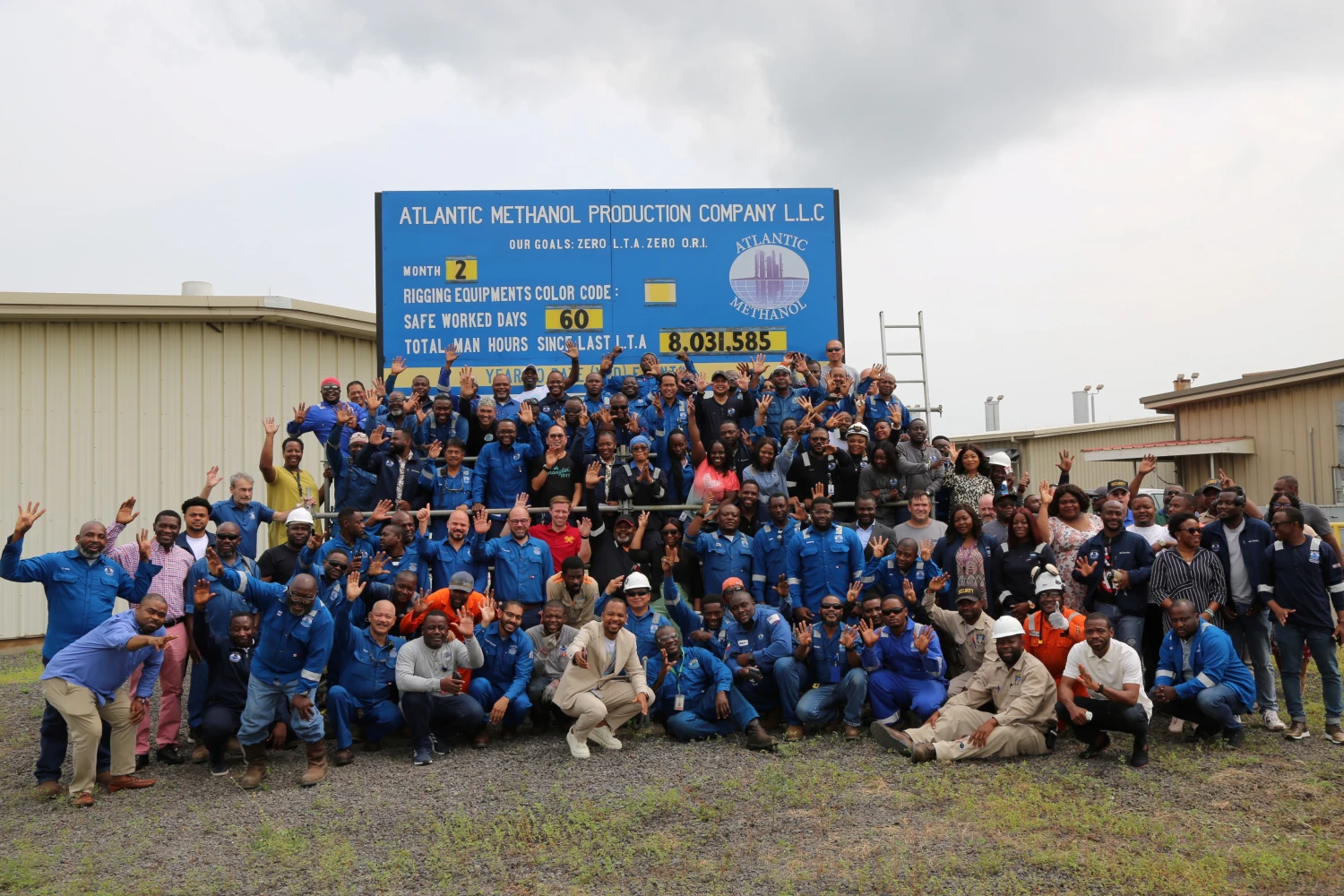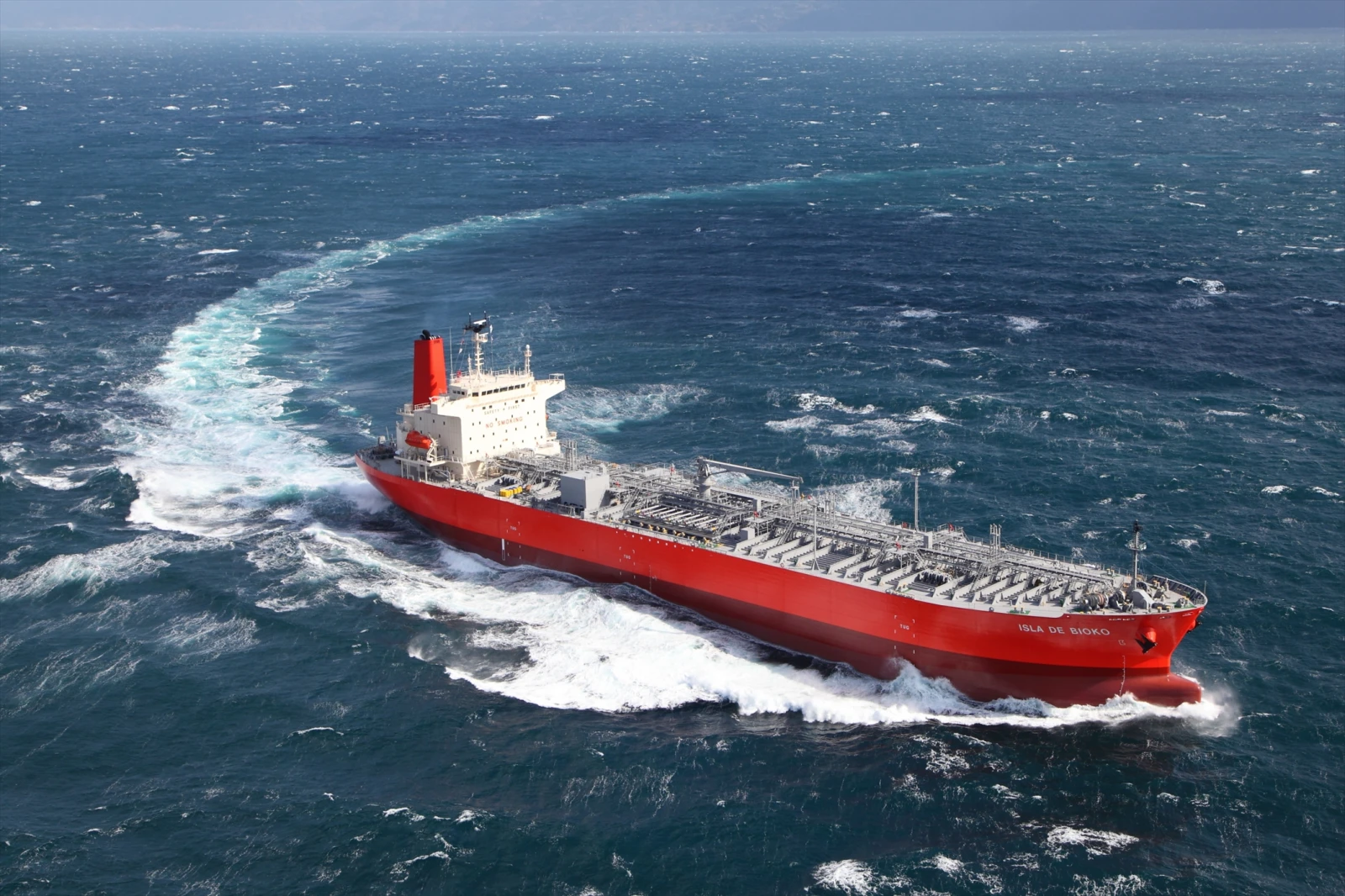Safety and Reliability
Protecting health, the environment and safety (HES) is our priority at AMPCO. Our HES procedures, work plans and policies are governed by our AMPCO Safety Management System (ASMS). ASMS follows globally accepted standards, processes and industry best practices to ensure operational and safety excellence. We encourage and reward strong safety performance by including key performance indicators for safety in our corporate scorecard.
Personal Safety
Protecting the safety and health of AMPCO workers, contractors, customers and the public is an AMPCO core value and a pillar of our business strategy. Our safety programs, which contribute to our multi-year track record of excellent safety results, are based on US OSHA regulations.
 Our HES Policy commits us to operate and maintain our facilities to help ensure safety and health. To continuously improve our personal and process safety performance, we rely on leadership commitment, management focus, employee responsibility, comprehensive resources, training and risk management.
Our HES Policy commits us to operate and maintain our facilities to help ensure safety and health. To continuously improve our personal and process safety performance, we rely on leadership commitment, management focus, employee responsibility, comprehensive resources, training and risk management.
We assess the effectiveness of our HES processes by measuring a combination of lagging and leading indicators. To further drive the desired level of performance, HES indicators are included in AMPCO’s corporate scorecard to help us understand the strengths and weaknesses of our HES culture.
- AMPCO aims for zero lost-time injuries (LTI) and OSHA recordable incidents (ORI) and has an excellent record of safety performance. Our employees have worked more than 4.8 million work hours without a lost-time accident (last LTA: November 10, 2017) and over 1.8 million work hours without a recordable incident (last ORI: February 2, 2020).
- Our primary safety resources are the AMPCO Safety Management System and HES policies, programs and procedures. The ASMS, which applies to all employees and contractors, helps us integrate safety into our business activities.
- Our HES Policy commits AMPCO to minimizing hazards to human health and prioritizes the health and safety of our workers and the public.
- Contractor and supplier relationships and safety performance are managed within our safety management system to work together to prevent injuries and incidents.
 Atlantic Methanol achieved 8MM man-hours without an LTI during Q1-2024,
Atlantic Methanol achieved 8MM man-hours without an LTI during Q1-2024,
surpassing our previous record by over 1MM man-hours.
Process Safety
Preventing process safety incidents is a priority at AMPCO. We voluntarily base our prevention efforts on US OSHA Process Safety Management (PSM) regulations.
AMPCO identifies, evaluates and mitigates process safety risks for existing operations, products, new projects and modifications. We communicate the risks internally, make risk-based decisions and implement risk strategies and plans to prevent process safety events (PSE). We have a dedicated team that develops PSM processes and procedures and trains employees to instill a deep understanding of PSM concepts.
We track and investigate process safety events and near misses. Investigations are conducted for all events in a systematic approach with a goal of identifying the factors leading to the event.
Reliability/Asset Integrity
AMPCO’s systems and equipment operate with a high level of reliability. At AMPCO, we participate in independent third-party benchmarking studies to compare our performance to the best in class. With these high standards in mind, we strive to operate our plant safely and responsibly – without spills, accidents and other safety and environmental incidents. In turn, operations that run smoothly and with minimal downtime help reduce flaring and the associated emissions at AMPCO.
Keeping our plant systems and equipment operating with minimal unplanned downtime and managing asset integrity is AMPCO’s strategic focus. The resulting high reliability enables AMPCO to meet our contractual obligations and satisfy our customers. From 2016-2020, AMPCO achieved 2.7% unplanned downtime versus a plan of 3.1%. This high level of reliability is only possible when we are also operating the plant safely and responsibly.
- Our reliability team focuses on enhancing procedures and work processes for monitoring and maintaining equipment, as well as workforce training to maintain high reliability.
- We track key performance indicators for reliability. This includes metrics related to audits, predictive and preventive maintenance, vibration monitoring, oil and trend analysis, and equipment failures. Certain reliability metrics are part of our corporate scorecard so employees can understand the direct relationship between high reliability, asset integrity and HES.
Product Stewardship – Safe Transportation, Distribution, Handling & Use of Methanol
AMPCO is committed to safely shipping, distributing, handling and using the methanol we produce.
Production from AMPCO’s Punta Europa plant is shipped in bulk from Bioko Island in three specialized, double-hulled chemical carriers that are designed to carry methanol. All are equipped with nitrogen generators for added carriage safety. Our ships are on long-term time charter to AMPCO and are owned and operated by global shipping industry leaders.
AMPCO’s fleet currently consists of two, 2016-built, International Maritime Organization (IMO) III, eco-type tankers that incorporate the latest advances in hydrodynamic hull and propeller design to achieve improved fuel consumption efficiency. Our third vessel is a 2008-built, IMO II tanker.
All AMPCO’s vessels comply with IMO and their respective Classification Society requirements for safety, efficiency, certifications and other criteria. Since 2007, our fleet has fully complied with IMO’s progressively tighter standards lowering sulfur limits in bunker fuels, which has dramatically reduced emissions by the ships.
AMPCO leases storage tanks for its product at two terminals in Rotterdam, The Netherlands.
To reduce the risk of spills or other incidents, AMPCO retains third-party subject matter experts (SME) to periodically conduct technical evaluations on each terminal’s CDI-T audit reports (which are coordinated by the European Chemical Industry Council’s Chemical Distribution Institute every 36 months). In the absence of a CDI-T report, SMEs conduct physical, on-site safety audits instead.

